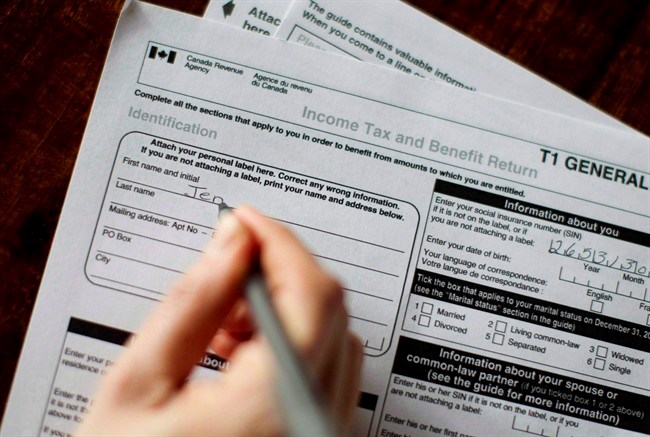 Finance Minister Mike de Jong tried to maximize the goodwill from a minimal amount of new spending in Tuesday’s budget, the third balanced one in a row.
Finance Minister Mike de Jong tried to maximize the goodwill from a minimal amount of new spending in Tuesday’s budget, the third balanced one in a row.
The B.C. Liberals aimed to dampen specific problems rather than beef up broad social programs in the spending plan. The two-year surcharge on high-income earners (more than $150,000) expires at the end of the year. That amounts to $200 million in forgone revenue. So there was some political impetus to concentrate some benefits on the other end of the economic spectrum.
De Jong said cabinet considered a general increase in welfare benefits. But he said the government couldn’t afford a big enough hike to make a significant increase. So the showpiece of the budget was an end to the clawback of child-support payments made to single parents. They currently see those benefits reduced by an amount corresponding to the value of the child support payments made by ex-spouses.
Relaxing that policy means parents — mostly single moms — will be able to keep every dollar they get in child support.
It’s a cost of $32 million over three years.
There was a more generalized break for low-income earners in the form of an adjustment of the tax brackets. The threshold for paying income taxes was raised by a grand, to $19,000. That will cost $5 million a year, and make a difference of a few hundred dollars to several thousand more people.
The government’s effort to appear benign was helped by two policies announced previously that will kick into gear this year. An early childhood tax benefit will appear in April that provides up to $55 a month for each child under six, to help with daycare. Price tag is $146 million a year.
And a training and education savings grant will start rolling out this August in the form of a $1,200 payment for every B.C. child born after 2007. About 40,000 children will be eligible each year, once their RESPs are opened.
Also aimed at families was a modest hike in the credit for kids’ sports gear.
There was one big break handed to a specific business sector. The cement industry has been complaining for years about the carbon tax, which puts it at a disadvantage with foreign competitors.
So de Jong found $27 million over five years to encourage lower-emission cement production. The rest of the business-oriented budget measures are modest moves or extensions of existing programs.
The only environmental spending of note was a $25-million commitment over three years to implement the Water Sustainability Act by next year.
There was also room in the budget for a few grace notes. For the first time in history, the SPCA will receive government funding, in the form of $5 million to upgrade shelters around B.C. And a small amount was earmarked to match a federal program that will cover the cost of veterans who take part in commemoration events marking the anniversaries of the world wars.
As well, the government is looking at ways to recognize farmers who donate considerable amounts of produce to food banks, likely in the form of a credit.
The modest basket of goodies is partly offset by previously scheduled hikes in MSP premiums. They’ll go up another four per cent in January 2016.
The previous estimate of the surplus for the fiscal year ending in March was doubled, to $879 million, pending the final reckoning this summer. De Jong said one of the main factors that helped B.C. post its third balanced budget in a row was the success in slowing the growth of health spending to about half the rate it was a few years ago.
The balancing act was also helped by limited raises in the public sector. Most unions signed relatively modest deals, and management staff in the public sector have their salaries frozen for the foreseeable future.
There’s still not much room to manoeuvre. The surplus estimate for the fiscal year starting in April is $289 million. That will likely grow just as this year’s did. But there’s still not much room for wholesale improvements, so fine-tuning and narrowly focused benefits are still the order of the day.



